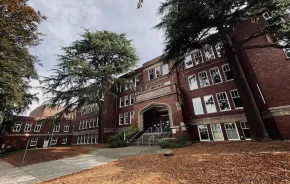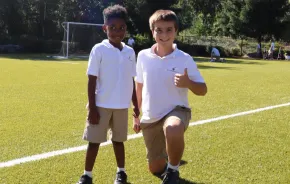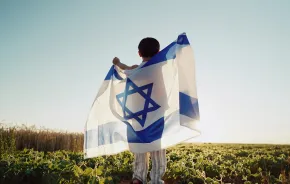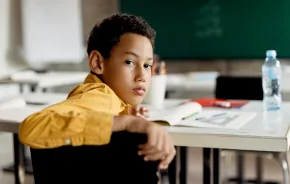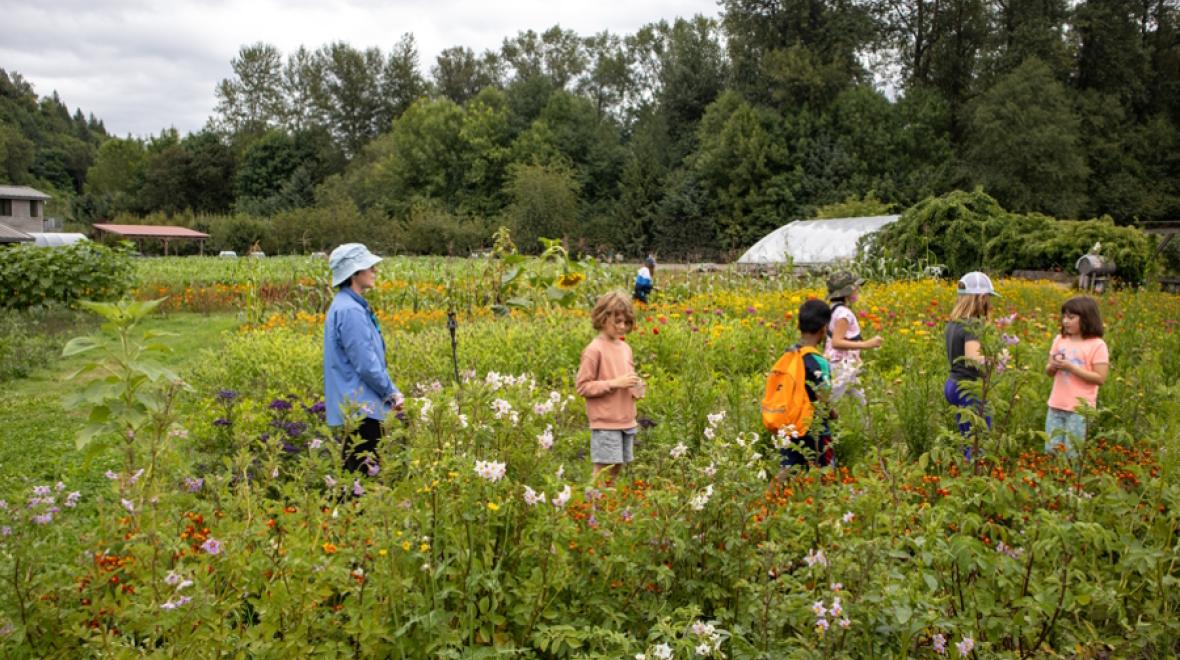
Photo:
Kids enjoying summer camp at Oxbow Farm & Conservation Center. Photo: Oxbow Farm & Conservation Center
Editor’s note: This article was sponsored by the Oxbow Farm & Conservation Center.
It’s no secret that exploring the great outdoors and getting down and dirty in nature is good for kids’ bodies and their brains. Open-ended outdoor play is essential for healthy child development, and long classroom days and packed schedules often leave little room for it during the school year.
Luckily, there’s the perfect time for kids to reconnect with nature — summer! We may not be able to send them out to roam the woods till dark. But a summer camp that’s the right fit for your family is the next best thing.
We caught up with MK Kirkpatrick-Waite, the Education Program Assistant Manager at Oxbow Farm & Conservation Center, to chat about what kid-centered camp programming looks like, and what parents searching for a flexible, child-led approach need to know when making the right camp decision.
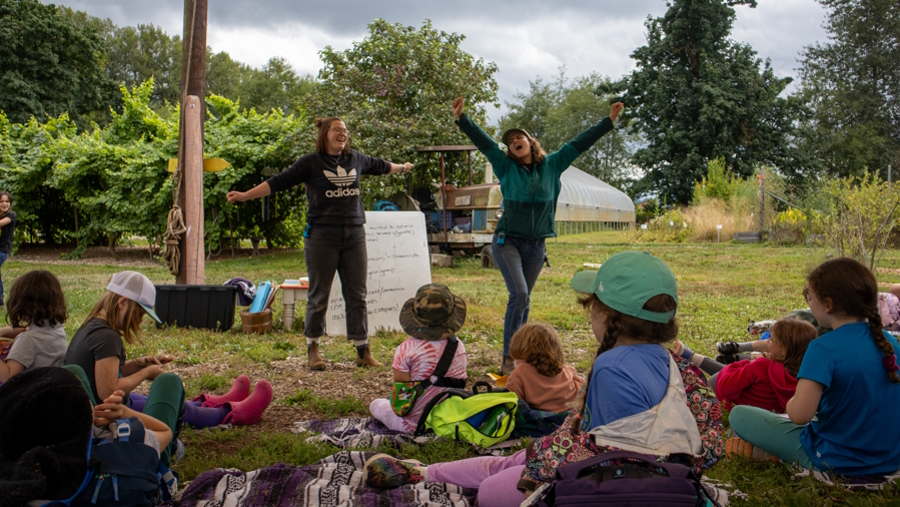
“When campers are in charge of their learning, they are more excited to learn and try new things! Kids can see possibilities where adults don't,” MK explains. The child-led philosophy is at the core of OxEd, Oxbow Farms’ educational program, and summer camp that invites learners ages 7–11 to develop early connections with pollinators, worms, budding plants and other elements of nature.
Since 2009, Oxbow, located along the Snoqualmie River in Carnation, has been promoting its mission of encouraging sustainable food systems, stewarding natural resources and fostering community. Programs such as the Oxbow Farm Camp, that offers sliding scale pricing options that take factors beyond income into consideration, are part of the farm’s commitment to educating younger generations about agriculture; empowering campers with choice is a key component.
“Following campers’ leads empowers them to make activities that are fun and exciting to them. In this situation, ‘leading’ is less about leading the group and more about having agency in deciding what they spend the day doing,” MK explains. Two acres of the farm are dedicated to camper exploration through all their senses — from making nature crafts to harvesting and tasting the growing veggies. Getting creative with acting out stories, sharing poems and songs, or creating new recipes are also part of the camp day. “Less pressure gives campers more freedom to be creative,” MK notes.
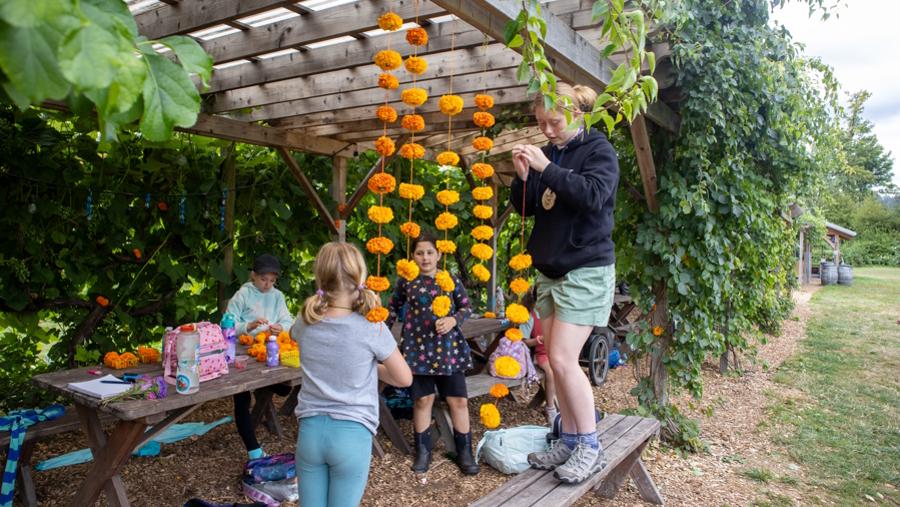
Campers also gain more confidence and improve social and emotional skills, learning to cooperate with others and taking an active part in decision-making processes. “When kids have more agency in what they learn about, it creates more enthusiasm for learning!”
When choosing a camp that’s the right fit, MK suggests that parents interested in a kid-centered approach look for a program that provides plenty of opportunities for kids to make their own choices; has a good balance of structured and unstructured activities; fosters socio-emotional skills; and allows for exploration in a safe, kid-friendly environment. Camps set in an environment conducive to plenty of outdoor time will naturally lend themselves to more active, open-ended play.
Just remember, popular camp programs do fill up early. So do your research and get ready to kick those kids off the screens and into the mud.
|
Sponsored by: |
More summer fun |









